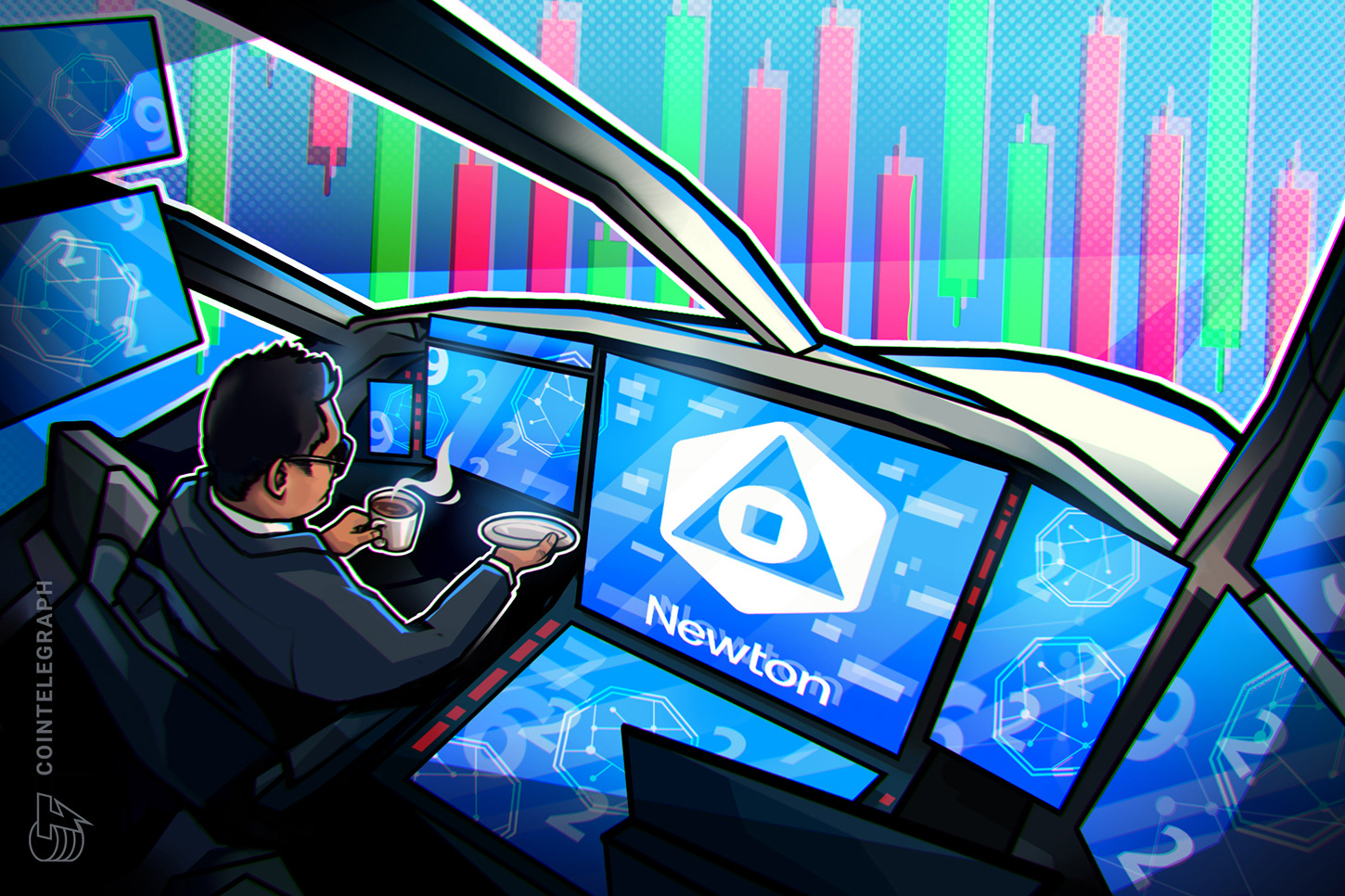Sponsored Content
Magic Labs has launched Newton, a verifiable AI agent platform designed to simplify crypto interactions for users and enable safe, autonomous finance.
Blockchain and cryptocurrencies emerged with the promise of making finance more inclusive and accessible. However, for the average user, this means maneuvering through a maze of protocols, which often come with complex interfaces, managing private keys and responding to markets in real time. Even for seasoned users, the friction can be overwhelming. For newcomers, it’s often a nonstarter.
Just like in any other industry, artificial intelligence has streamlined interactions with decentralized finance (DeFi). With AI-powered automation, users can delegate tasks and reduce the manual effort involved in portfolio management, asset swaps or yield strategies.
Yet, the intersection of these two cutting-edge technologies has primarily focused on capability, with little attention paid to security. Many existing tools —like Telegram trading bots— require users to surrender full wallet access, exposing them to hacks and irreversible losses. To redirect the focus on trust, Magic Labs, a PayPal Ventures-backed company behind over 50 million embedded wallets for projects like Polymarket, Helium and Forbes, has launched Magic Newton.
Automation with verifiability at its core
Newton is a crypto copilot designed to help users safely manage their portfolios through the use of autonomous agents. Built on a purpose-specific rollup called the Newton Protocol, the system incorporates verifiability alongside automation. This ensures cryptographic guarantees that AI agents act strictly within user-approved parameters.
Unlike risky Telegram bots and DIY automation tools, Newton allows users to delegate tasks, such as recurring buys or yield optimization, without handing over private keys. Instead, agents operate within strict, user-defined guardrails, similar to OAuth-style permissions. Each action is executed in a Trusted Execution Environment (TEE) and verified via zero-knowledge proofs, ensuring both proactive control and retroactive accountability.
This approach sets the stage for what the team calls “self-driving crypto”: a system where users can assign high-level financial goals (such as “optimize my yield” or “dollar cost average weekly”) to agents that operate transparently and autonomously, without compromising security.
Use cases go beyond simple automation. Users can set up agents to automatically rebalance portfolios based on the user’s target allocations, copy trades of prominent traders, or even agentic commerce use cases such as automated stablecoin payments and subscriptions.
Agents can also coordinate — one monitoring market data in real time, another executing buys — all within user-defined parameters. These multi-agent workflows allow for complex financial behaviors to be run safely in the background.
The system goes live
The platform’s Genesis release, which went live May 7 on Base, serves as the first live demonstration of this agentic infrastructure in action. Rather than being a conceptual framework, Newton offers a working system available to users from day one, prioritizing security and verifiability.
At launch, users can experiment with native agents built by Magic Labs, such as recurring buy automation or simple wallet management routines. The system will showcase full verifiability — every action logged, every instruction traceable, every limit enforced.
Over time, Newton will evolve to unlock more use cases based on user and developer feedback. The team plans to introduce programmable permissions that support conditional and oraclized logic, such as “only buy if sentiment is positive.”
Newton is financial freedom on autopilot.
— Newton (@MagicNewton) February 26, 2025
The trust layer for autonomous finance.
Read the Newton Keystore litepaper 👇https://t.co/6a7DGg38t2 pic.twitter.com/Z5LwBiFakV
Developers will be able to publish their own agents, compose multiple strategies and monetize automations through an open agent marketplace. Support for crosschain functionality, oracle-integrated logic and AI model attestation is also on the roadmap.
A developer incentive structure, including operator reputation scores, slashing conditions and reward mechanics, will ensure agent authors have aligned incentives with end users. Over time, the system will allow for composable, trust-minimized automation across chains, strategies and data feeds.
Newton reflects a broader trend in Web3 — moving from user-driven workflows to agent-driven intent execution. Just as self-driving cars abstract away manual control and protect passengers from mistakes, Newton abstracts away protocol interactions and fragmented interfaces while ensuring user control and security. The project proposes a future where wallets are no longer static keychains, but active participants — copilots that think, act and protect alongside the user in a secure way.
Disclaimer. Cointelegraph does not endorse any content or product on this page. While we aim at providing you with all important information that we could obtain in this sponsored article, readers should do their own research before taking any actions related to the company and carry full responsibility for their decisions, nor can this article be considered as investment advice.
Disclaimer.This content is part of a paid partnership. The text below is a sponsored article that is not part of Cointelegraph.com editorial content. The material is written by our advertorial team and has undergone editorial review to ensure clarity and relevance, it may not reflect the views and opinions of Cointelegraph.com. Readers are encouraged to conduct their own research before taking any actions related to the company. Disclosure.


